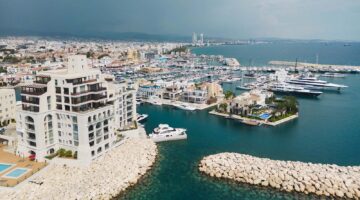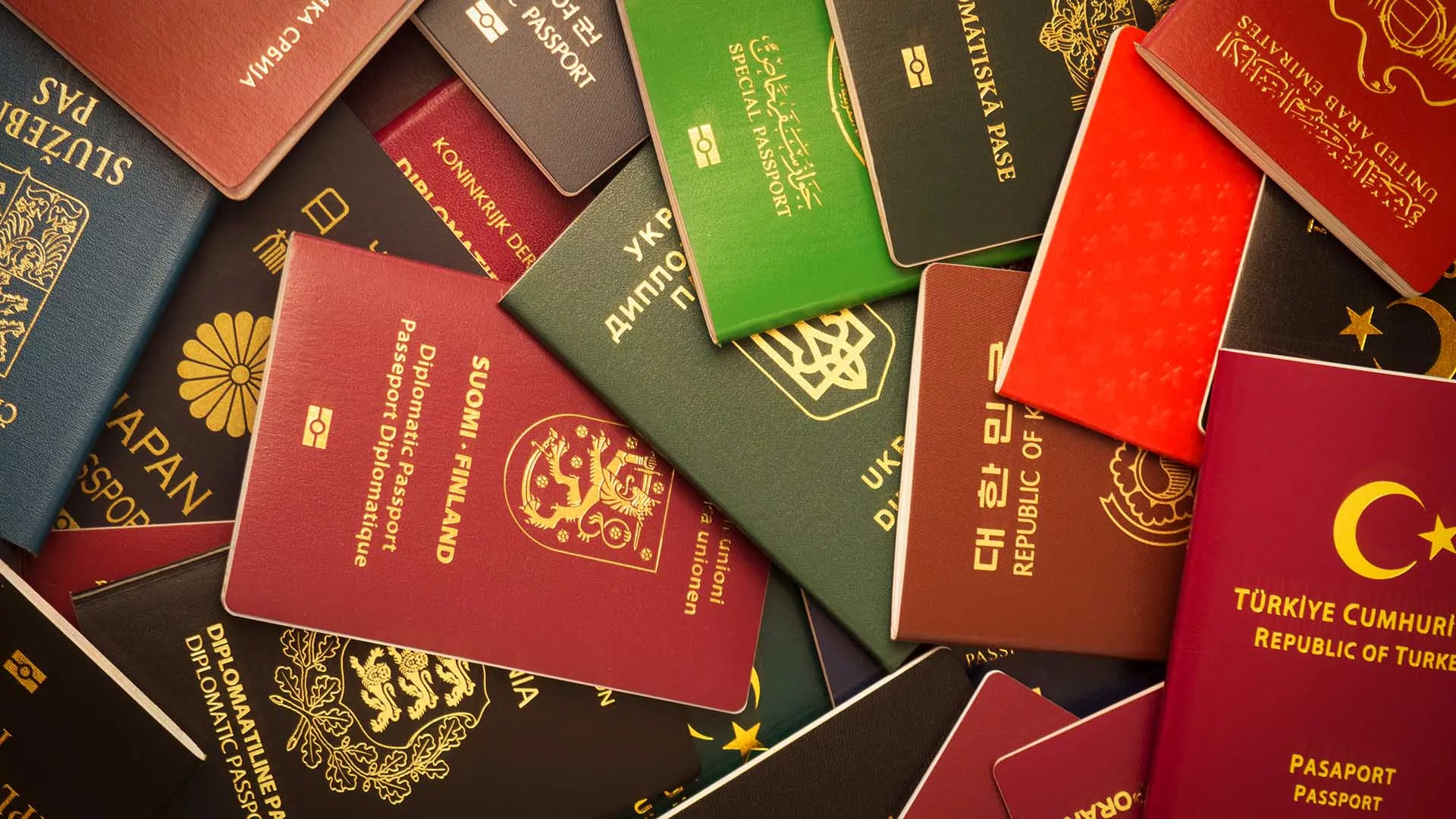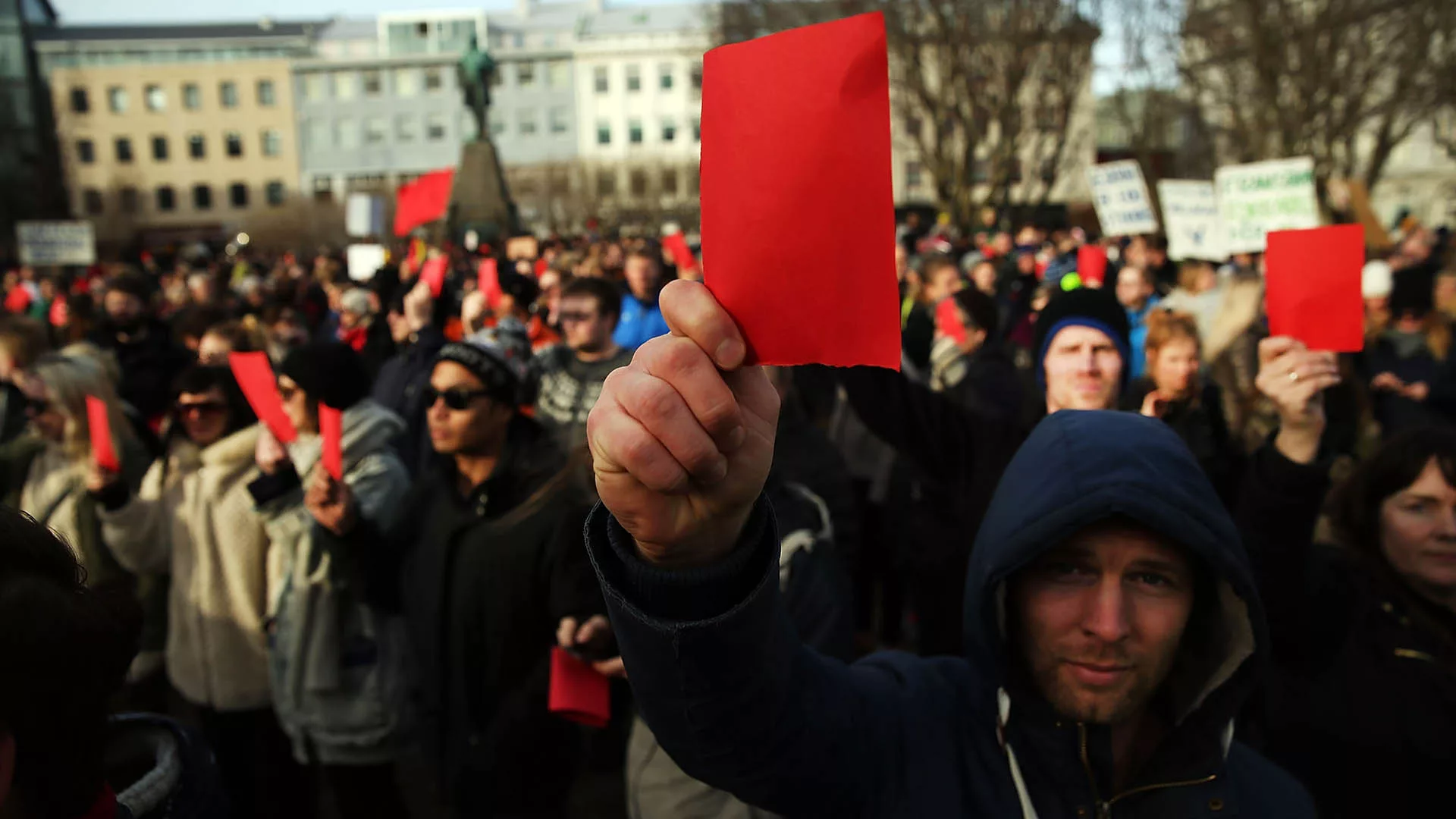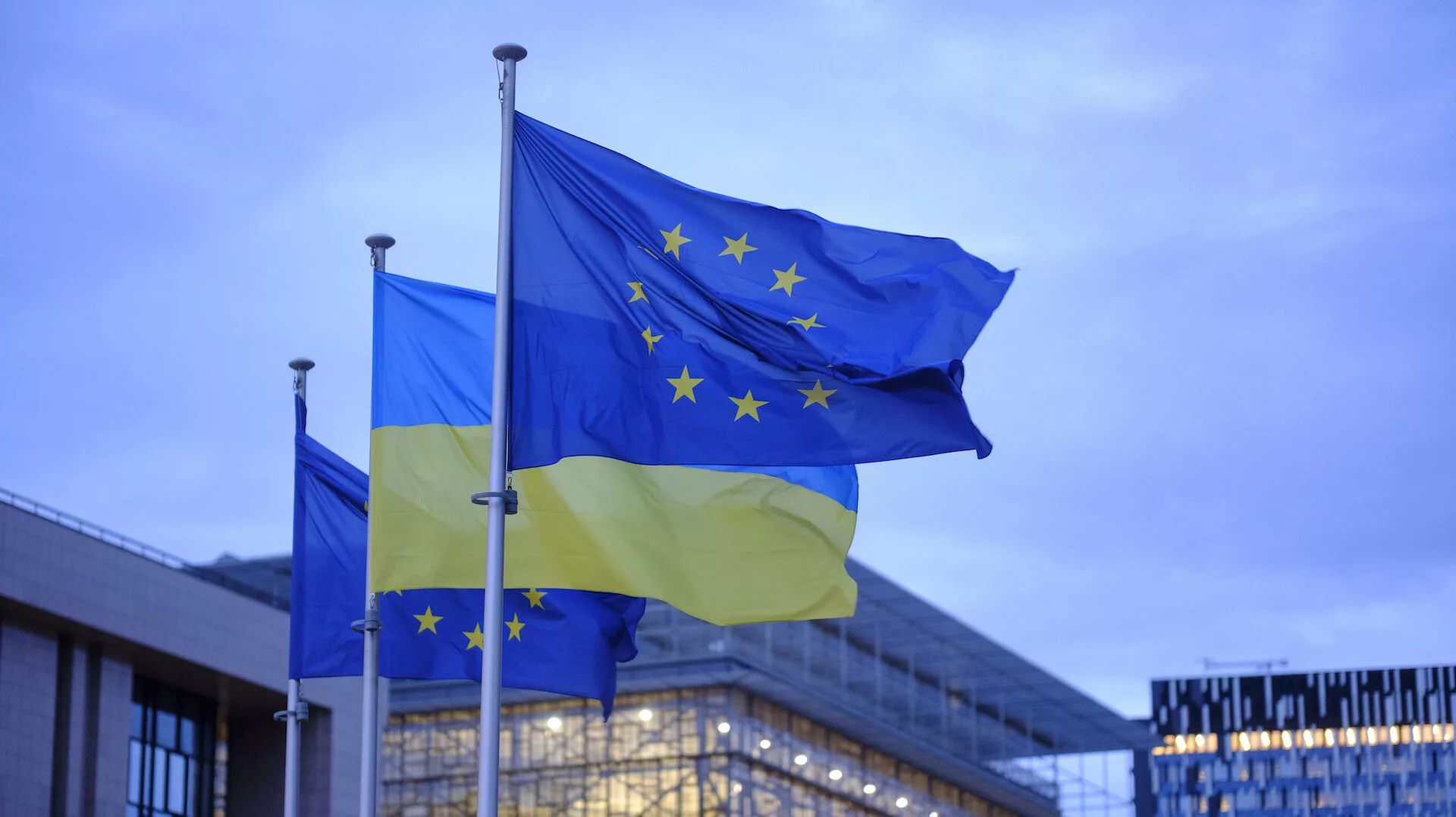Two of Russian billionaire Roman Abramovich’s children held Lithuanian passports when they were given control of some of his fortune, potentially shielding it from sanctions, Lithuanian investigative outlet Siena reports.
Leaked Cyprus Confidential documents analyzed by Siena, an ICIJ partner, show that Arkadiy and Anna Abramovich were Lithuanian citizens during the period when offshore trusts holding billions of dollars of assets were amended to transfer beneficial ownership to Abramovich’s seven children. The documents show Arkadiy and Anna became the new beneficiaries of the Jersey-based Grano Trust, according to the Organized Crime and Corruption Reporting Project, another ICIJ partner.
The rapid reorganization of Abramovich’s financial affairs, previously revealed by The Guardian, began in early February 2022 as governments threatened to sanction Russian oligarchs in President Vladimir Putin’s inner circle ahead of Russia’s invasion of Ukraine.
Until then, Abramovich was the sole beneficiary of at least 10 Cyprus and Jersey trusts holding assets — including luxury properties, superyachts and private jets — worth at least $4 billion, of which his children became the ultimate beneficial owners, the Guardian reported.
Abramovich was sanctioned by the United Kingdom and the European Union in March 2022. The United States did not sanction him at the request of Ukrainian authorities.
A U.S. sanctions expert told The Guardian at the time that a shake-up of trusts could help distance someone from assets vulnerable to being frozen as a result of sanctions.
“It is often challenging to figure out ownership due to the byzantine ways assets are held through shell companies and trusts,” the expert said. “And then when you add further levels of abstraction with respect to who controls the assets, enforcement can become a very challenging exercise.”
Siena uncovered the details of Arkadiy and Anna’s Lithuanian citizenship in the Cyprus Confidential leak, a trove of millions of documents that underpinned the recent investigation by ICIJ and 68 media partners exposing how Cyprus-based financial services providers enabled Russia’s elite to dodge Western sanctions.
The 3.6 million leaked files at the heart of the Cyprus Confidential investigation come from six financial services providers and a website company.
The providers are: ConnectedSky, Cypcodirect, DJC Accountants, Kallias & Associates, MeritKapital, and MeritServus in Cyprus. The MeritServus and MeritKapital records were obtained by Distributed Denial of Secrets. Leaked records from Cypcodirect, ConnectedSky and i-Cyprus were obtained by Paper Trail Media. In the case of Kallias & Associates, the documents were obtained from Distributed Denial of Secrets, which shared them with Paper Trail Media and ICIJ. DJC Accountants’ records were obtained by Distributed Denial of Secrets and shared by the Organized Crime and Corruption Reporting Project. The partner organizations shared all the leaked records in the project with ICIJ, which structured, stored and translated them from several languages before sharing them with journalists from around the world. Additional records came from Latvia-based Dataset SIA, which maintains the i-Cyprus website, through which it sells information about Cyprus companies, including Cyprus corporate registry documents.
The leaked files included a scanned image of Arkadiy’s Lithuanian passport and information from Anna’s. Arkadiy’s passport is dated Feb. 22, 2022, just days before the invasion, and was scheduled to expire on Dec. 5, 2023, according to Siena. Its current status is unknown and Abramovich’s lawyer did not respond to Siena’s requests for comment on Abramovich’s children’s Lithuanian citizenship.
There was nothing illegal about the transfer of Abramovich’s trusts. But the use of Lithuanian identity documents in the transfer of control of assets to Arkadiy and Anna should have raised red flags for Lithuanian officials given the timing, Vytis Jurkonis, a political scientist based in Lithuania’s capital, Vilnius, told Siena.
Lithuanian authorities were quick to respond to the report, drafting new legislation that will allow people to be stripped of citizenship for national security reasons, Bloomberg reported.
“A Lithuanian passport cannot become a cover to circumvent sanctions,” Lithuanian Interior Minister Agne Biloataite said at a press conference in Vilnius.
After the invasion and throughout the war, Lithuania has remained a firm ally of Ukraine and hosted the 2023 NATO summit. In September, Lithuania revoked the citizenship of Russian-born figure skater Margarita Drobiazko, who formerly represented Lithuania in the winter Olympics, due to her continued “public support for the Russian federation,” immigration officials said.
Lithuania currently grants citizenship to descendants of people who held it before Russia occupied the country in 1940. Abramovich’s paternal grandparents lived in Lithuania in the 1940s and his grandfather was among those deported to Siberia, where he died, according to OCCRP.
Lithuania’s immigration agency is reportedly investigating whether more of Abramovich’s children hold Lithuanian passports.
As Jurkonis told Siena: “The citizenship of the children of such an oligarch should have been on the radar of several institutions.”
Published by: icij.org







